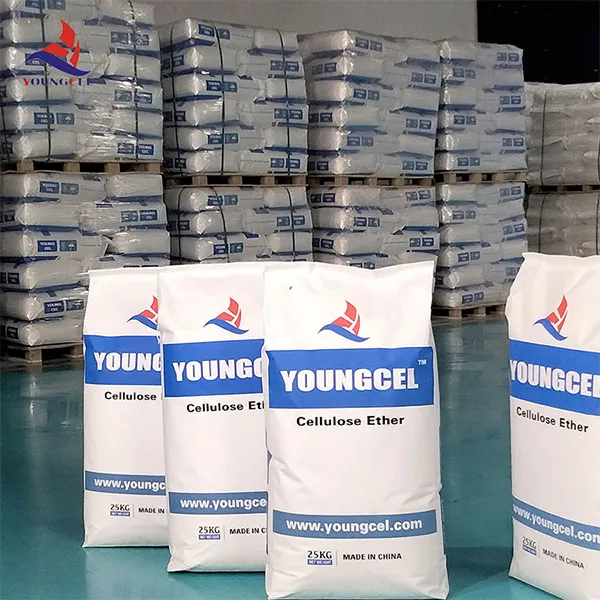The Role of Chemical Thickening Agents in Various Industries
Chemical thickening agents play a pivotal role in numerous industries, including food, cosmetics, pharmaceuticals, and manufacturing. These agents are substances that increase the viscosity of a liquid without substantially altering its other properties, allowing for improved texture, stability, and performance of products. Understanding their function, types, and applications is essential for leveraging their benefits across different sectors.
What Are Thickening Agents?
Thickening agents, also known as thickeners, are substances that are added to liquids to enhance their thickness or viscosity. This alteration in consistency can be crucial for achieving the desired quality in a product. Commonly used in food products, cosmetic formulations, and industrial applications, thickening agents can be either natural or synthetic.
Types of Thickening Agents
Thickening agents can be classified into several categories based on their origin and chemical composition
1. Natural Thickeners - Starches Derived from plants, starches such as cornstarch and potato starch are widely used in sauces, soups, and desserts to create a creamy texture. - Gums Natural gums like guar gum, xanthan gum, and alginates are sourced from plants or seaweed and are popular in both food products and cosmetics for their thickening properties. - Pectin Often used in jams and jellies, pectin is a natural thickener derived from fruits that aids in achieving a desirable gel-like consistency.
2. Synthetic Thickeners - Polyacrylic Acid This is commonly used in personal care products and industrial applications due to its ability to produce a clear gel. - Hydroxyethylcellulose (HEC) A cellulose-derived compound that functions as a thickener and stabilizer in various formulations, including lotions and creams. - Carbomers These are synthetic polymers that can create viscous solutions and are widely utilized in cosmetic and pharmaceutical formulations.
chemical thickening agent

Applications of Chemical Thickening Agents
1. Food Industry In food production, thickening agents are essential for enhancing texture and mouthfeel, improving the stability of emulsions, and preventing sedimentation. For instance, in dairy products like yogurt, thickeners help achieve a creamy consistency, while in sauces, they provide a rich texture that is appealing to consumers.
2. Cosmetic Industry The cosmetic sector relies heavily on thickeners for formulating products such as lotions, creams, shampoos, and gels. These agents not only enhance the texture and application of the products but also stabilize emulsions, ensuring that the ingredients do not separate over time. Additionally, thickeners can enhance the sensory experience of cosmetic products, contributing to a smoother and more luxurious feel on the skin.
3. Pharmaceutical Industry In pharmaceuticals, thickening agents are critical for formulating suspensions, gels, and ointments. They play a vital role in ensuring that active ingredients are evenly distributed throughout the product, enhancing efficacy and stability. This can be crucial for medications that require specific dosages and effectiveness.
4. Industrial Applications Thickening agents are also used in many industrial applications, including coatings, adhesives, and construction materials, to improve flow properties and enhance performance characteristics. Their ability to modify viscosity is essential in achieving the desired application consistency and performance.
Conclusion
Chemical thickening agents are indispensable across a multitude of applications and industries. Their ability to modify the viscosity of products enhances not just functionality but also consumer satisfaction. As industries continue to innovate and demand more from formulations, the role of thickening agents will only grow in importance. Whether derived from natural sources or synthesized in laboratories, these agents contribute significantly to the quality and effectiveness of numerous products we use every day. Understanding their properties, applications, and significance is essential for anyone involved in formulation science or product development.
-
Rdp Powder: Key Considerations for Wholesalers in the Building Materials IndustryNewsJul.08,2025
-
Key Considerations for Wholesalers: Navigating the World of Hpmc - Based ProductsNewsJul.08,2025
-
Hpmc Detergent: Key Considerations for WholesalersNewsJul.08,2025
-
Key Considerations for Wholesalers: China Hpmc For Tile Adhesive, Coating Additives, Concrete Additives, and MoreNewsJul.08,2025
-
Crucial Considerations for Wholesalers: Navigating the World of Construction MaterialsNewsJul.08,2025
-
Key Considerations for Wholesalers Sourcing Additive For Cement, Additive For Concrete, Additive For Putty from Additive Manufacturer Shijiazhuang Gaocheng District Yongfeng Cellulose Co., Ltd.NewsJul.08,2025




